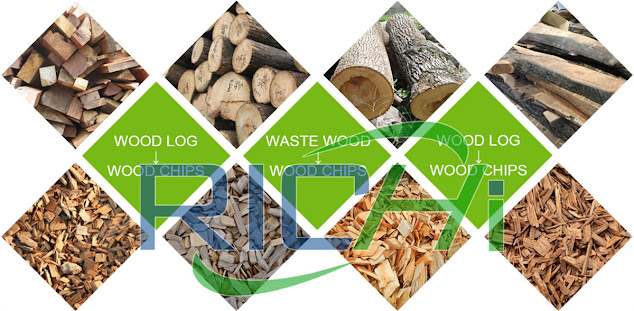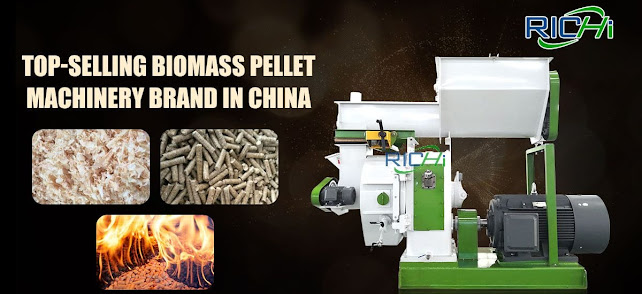What Are The Environmental Considerations When Running a Fish Feed Mill?
Running a fish feed mill can have a significant influence on the atmosphere if not done appropriately. As a responsible maker, it is vital to take into account the environmental factors to consider when operating a fish feed mill. In this write-up, we will supply you with a comprehensive guide on the environmental factors to consider to bear in mind when running a fish feed mill.
Related post: 10-12 T/H Floating Fish Pellet Machine For Sale Russia
1. Energy Usage.
Among one of the most considerable ecological considerations when operating a fish feed mill is energy consumption. Power intake can be minimized by utilizing energy-efficient devices as well as changing the operating criteria. It is vital to utilize equipments that are made to run at ideal power effectiveness levels. Selecting the appropriate devices can significantly minimize energy usage as well as lower the carbon footprint of your organization.
2. Water Use.
One more crucial ecological consideration when running a fish feed mill is water use. Water is a limited source, as well as it is vital to utilize it effectively. The use of water can be minimized by optimizing the device's performance and using reusing systems. Implementing a reusing system can help in reducing water usage by up to 50%. By utilizing much less water, you can lower your ecological effect and minimize water costs.
Related post: https://aquafeedmachine.com/floating-fish-pellet-machine-for-sale-russia/
3. Waste Monitoring.
Waste administration is one more substantial environmental consideration when running a fish feed mill. It is critical to manage the waste produced by the maker effectively. Recycling waste can help in reducing the environmental impact of the device. It is additionally vital to throw away the waste properly, following the guidelines established by the regional authorities. By carrying out a waste monitoring system, you can lessen your environmental influence as well as minimize your costs.
4. Emissions.
Emissions are a significant environmental factor to consider when running a fish feed mill. The discharges generated by the equipment can be decreased by utilizing reliable burning systems, catalytic converters, and exhaust gas therapy systems. These technologies help in reducing discharges of greenhouse gases, nitrogen oxides, and particle matter. By using these systems, you can minimize your ecological influence as well as adhere to regional policies.
Related post: 4T/H aqua feed mill
5. Sound pollution.
Sound pollution is one more ecological factor to consider when operating a fish feed mill. The noise created by the maker can have unfavorable impacts on the setting and also human health. It is essential to pick equipment that runs quietly as well as adhere to the standards established by the regional authorities. By minimizing environmental pollution, you can enhance the working problems and decrease your environmental impact.
6. Repair and maintenance.
Maintenance and repair are also crucial environmental factors to consider when running a fish feed mill. Routine maintenance can help lengthen the device's life and also decrease the requirement for repairs. It is also essential to utilize green items for repair and maintenance. By utilizing green products, you can decrease your ecological effect and also ensure conformity with local policies. helpful site
To conclude, operating a fish feed mill needs mindful consideration of environmental aspects. By taking steps to reduce power usage, water use, waste generation, emissions, environmental pollution, and using green items, you can reduce your ecological impact and also comply with local laws. As a responsible producer, it is our obligation to take care of the environment and also make a favorable impact on the world.
For details please contact: feed plant
WhatsApp:86 138 3838 9622
Email:enquiry@aquafeedmachine.com



Comments
Post a Comment